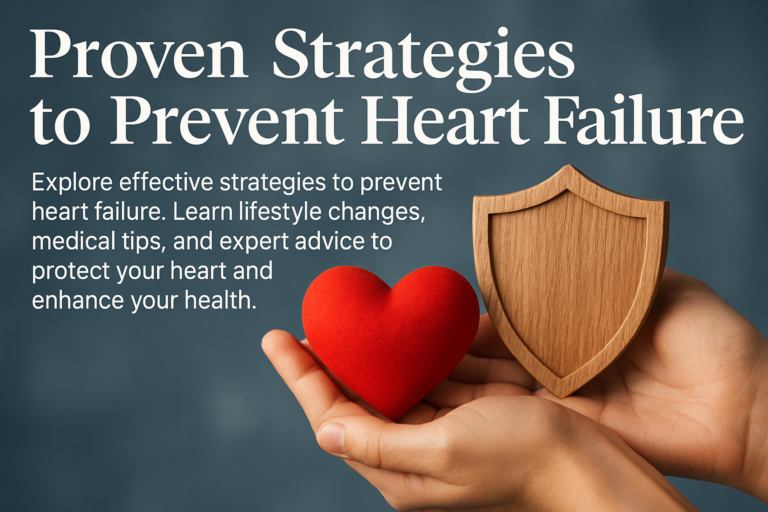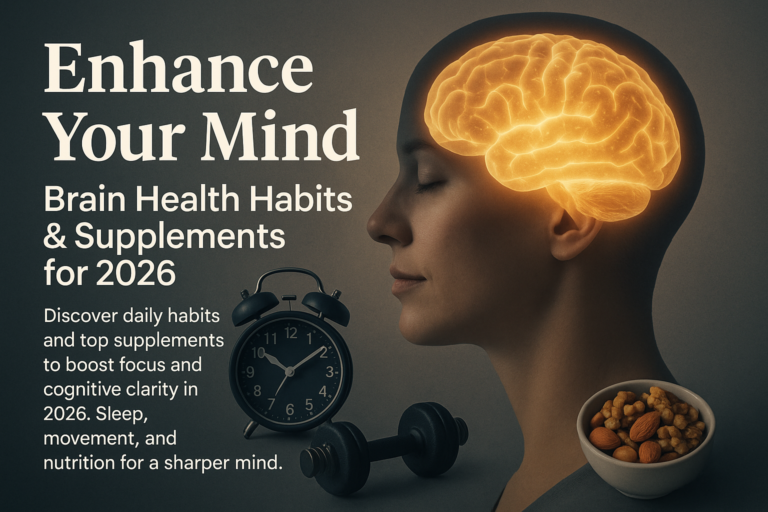Understanding Seasonal Depression
Winter can be magical—cozy sweaters, hot cocoa, and snow-covered landscapes. But for many, the colder months bring more than just a chill in the air. If you’ve ever felt a dip in your mood, energy, or motivation during winter, you’re not alone. This phenomenon, often called the “winter blues,” can sometimes develop into a more serious condition known as seasonal affective disorder (SAD).
SAD is a type of depression that typically occurs during the fall and winter months when daylight hours are shorter, and sunlight is scarce. One of the biggest culprits? A lack of vitamin D3, often referred to as the “sunshine vitamin.” Our bodies produce vitamin D3 when exposed to sunlight, but during winter, shorter days and colder weather can leave us deficient—and that can take a toll on our mental health.
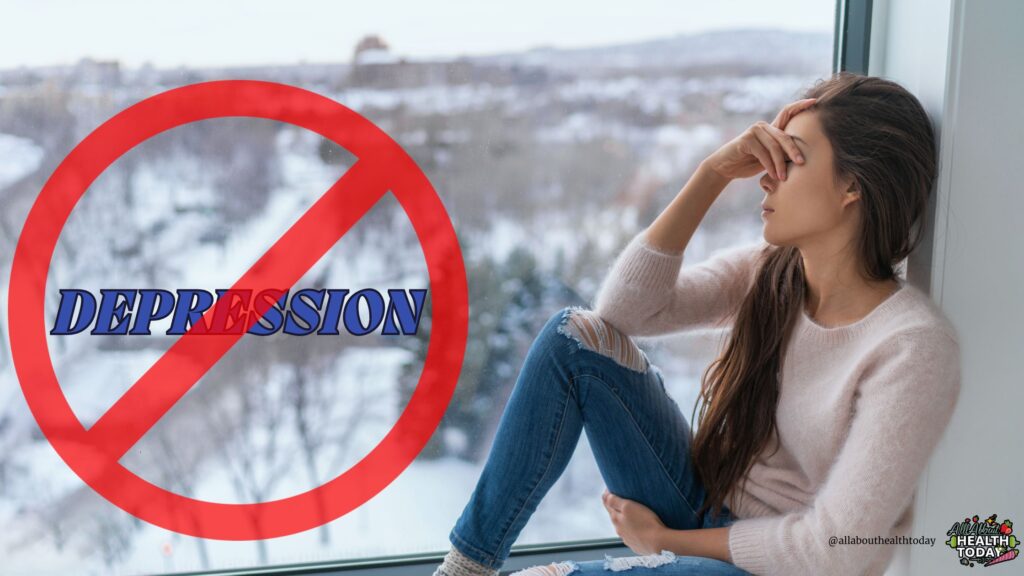
You’ll learn why winter can feel so hard on your mood, how vitamin D3 plays a role in mental health, and practical tips to boost your levels—even when the sun seems to be on vacation. Whether you’re looking to understand your winter blues or find ways to feel your best all season long, we’ve got you covered.
Pro tip: Find out which vitamins keep your energy levels HIGH.
The Role of Vitamin D3 in Mental Health
Often overshadowed by more well-known nutrients, this “sunshine vitamin” plays a vital role in keeping your brain and mood in check—especially during the darker months.
How Vitamin D3 Affects Your Brain and Mood
Vitamin D3 isn’t just for strong bones. Here’s how it works:
- Supports serotonin production: Serotonin, often called the “feel-good hormone,” is linked to mood regulation. Vitamin D3 helps convert tryptophan (an amino acid) into serotonin, which can boost your mood and reduce feelings of anxiety or depression.
- Regulates neurotransmitters: Vitamin D3 influences the release of dopamine and norepinephrine, two chemicals that play a key role in focus, motivation, and emotional balance.
- Reduces inflammation: Low levels of vitamin D3 have been linked to increased inflammation in the brain, which is associated with depression and other mood disorders.
Signs You Might Be Low on Vitamin D3
If you’re feeling more down than usual during winter, a vitamin D3 deficiency could be part of the problem. Common signs include:
- Fatigue or low energy
- Mood swings or irritability
- Difficulty concentrating
- Muscle weakness or aches
- Frequent colds or a weakened immune system
Why does Winter Makes It Harder to Get Enough Vitamin D3?
During winter, shorter days and colder weather mean less time spent outdoors—and less exposure to sunlight, which is our primary source of vitamin D3. Even if you do brave the cold, the sun’s rays are weaker in winter, making it harder for your skin to produce enough of this vital nutrient.


Sunlight & Your Well-Being
Sunlight isn’t just a mood booster—it’s a natural regulator of your body’s internal systems. From your sleep cycle to your energy levels, sunlight plays a starring role in keeping you feeling your best. But when winter rolls around and the days get shorter, that lack of sunlight can throw everything out of balance.
How Sunlight Influences Your Mood
- Boosts serotonin levels: Sunlight triggers the release of serotonin, the “feel-good hormone” that helps regulate mood and reduce feelings of depression.
- Balances melatonin production: Sunlight exposure during the day helps regulate your body’s production of melatonin, the hormone that controls sleep. This keeps your sleep-wake cycle (circadian rhythm) in check, which is essential for mental health.
- Improves energy and focus: Natural light helps wake up your brain, making you feel more alert and productive throughout the day.
Why do Shorter Days Affect Your Mood?
During winter, the lack of sunlight can disrupt these natural processes. Shorter days mean less exposure to natural light, which can lead to:
- A sense of “hibernation mode,” where you feel less inclined to be active or social.
- Lower serotonin levels, contributing to feelings of sadness or fatigue.
- Disrupted sleep patterns, leaving you feeling groggy or unmotivated.

The Importance of Circadian Rhythms
Your circadian rhythm is like your body’s internal clock, and sunlight is the key to keeping it ticking smoothly. When your circadian rhythm is out of sync—thanks to less sunlight in winter—it can affect everything from your mood to your appetite to your energy levels.
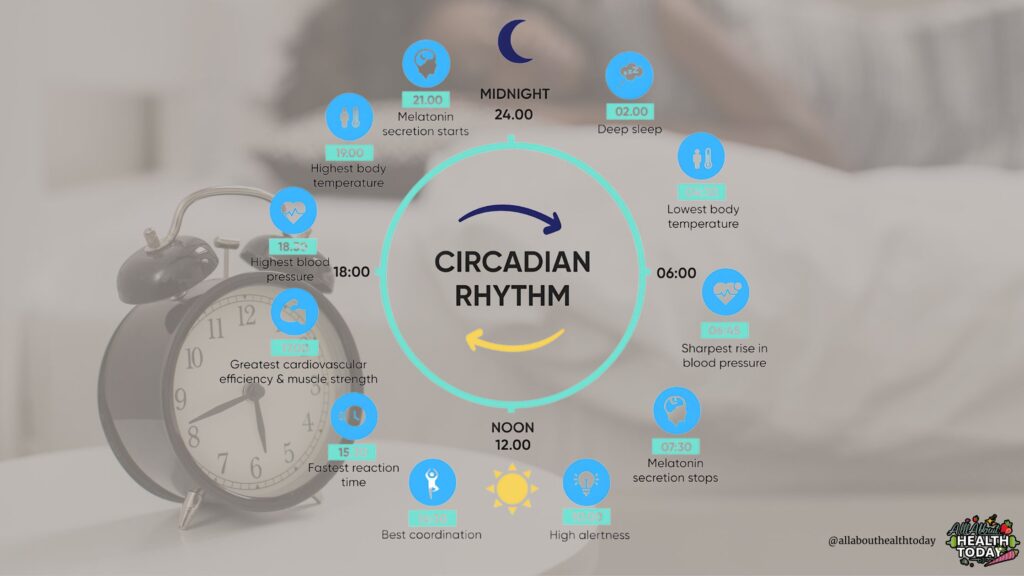
Practical Tips to Boost Vitamin D3 Levels
When sunlight is in short supply, it’s time to get creative about keeping your vitamin D3 levels up. The good news? There are plenty of ways to ensure you’re getting enough of this essential nutrient, even during the darkest months of the year. Here are some practical tips to help you stay on track:
1. Add Vitamin D3-Rich Foods to Your Diet
While sunlight is the best source of vitamin D3, certain foods can help fill the gap:
- Mushrooms: Some varieties, like shiitake and maitake, contain vitamin D2 (a precursor to D3), especially when exposed to sunlight.
- Fatty fish: Salmon, mackerel, and sardines are excellent sources.
- Egg yolks: A simple and versatile way to add vitamin D3 to your meals.
- Fortified foods: Look for milk, orange juice, and cereals that are filled with vitamin D3.
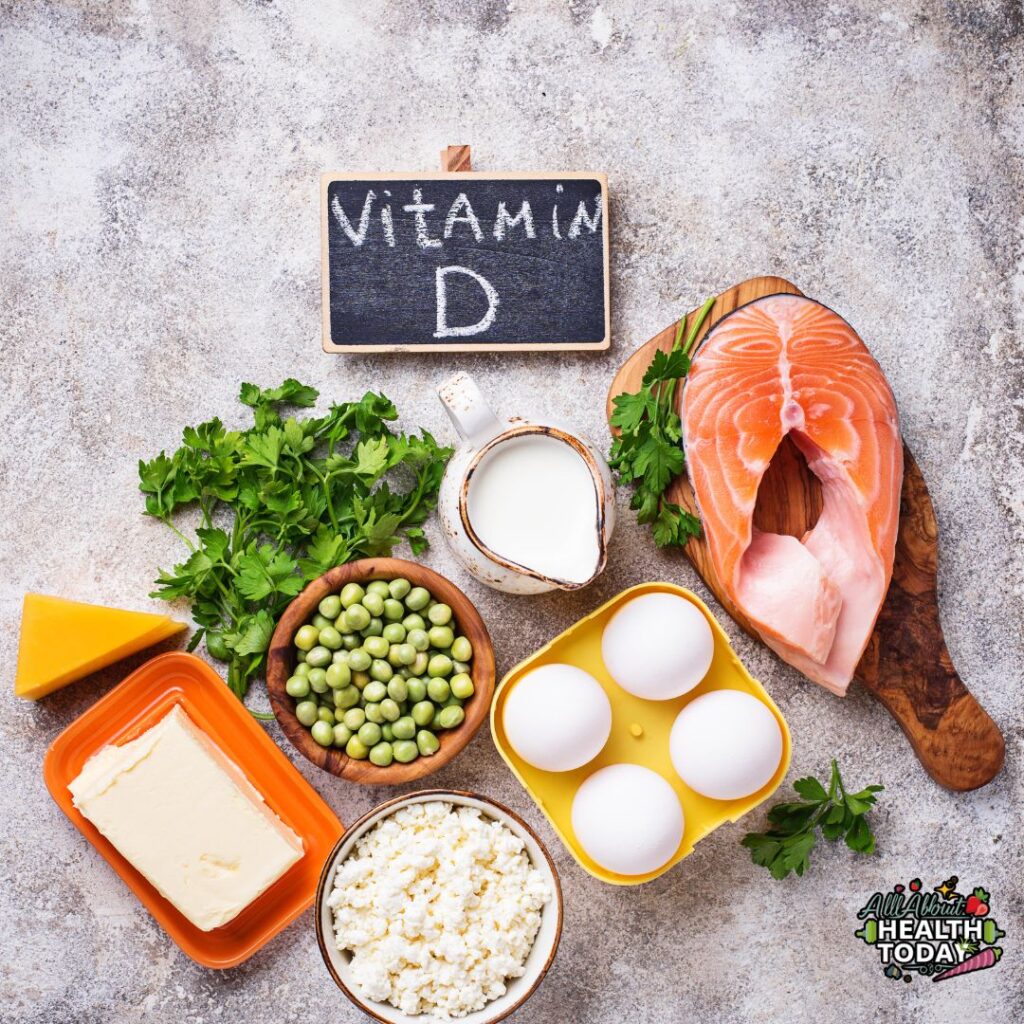
2. Consider a Vitamin D3 Supplement
Try All About Health Today’s Recommendations
- Take it with fat or K2: Vitamin D3 is fat-soluble, so taking it with a meal that contains healthy fats (like avocado or nuts) can improve absorption.
- Choose D3 over D2: Vitamin D3 (cholecalciferol) is more effective at raising and maintaining vitamin D levels in the body.
- Check the dosage: The recommended daily allowance (RDA) for most adults is 600–800 IU, but some people may need more—especially in winter. Consult your healthcare provider for personalized advice.
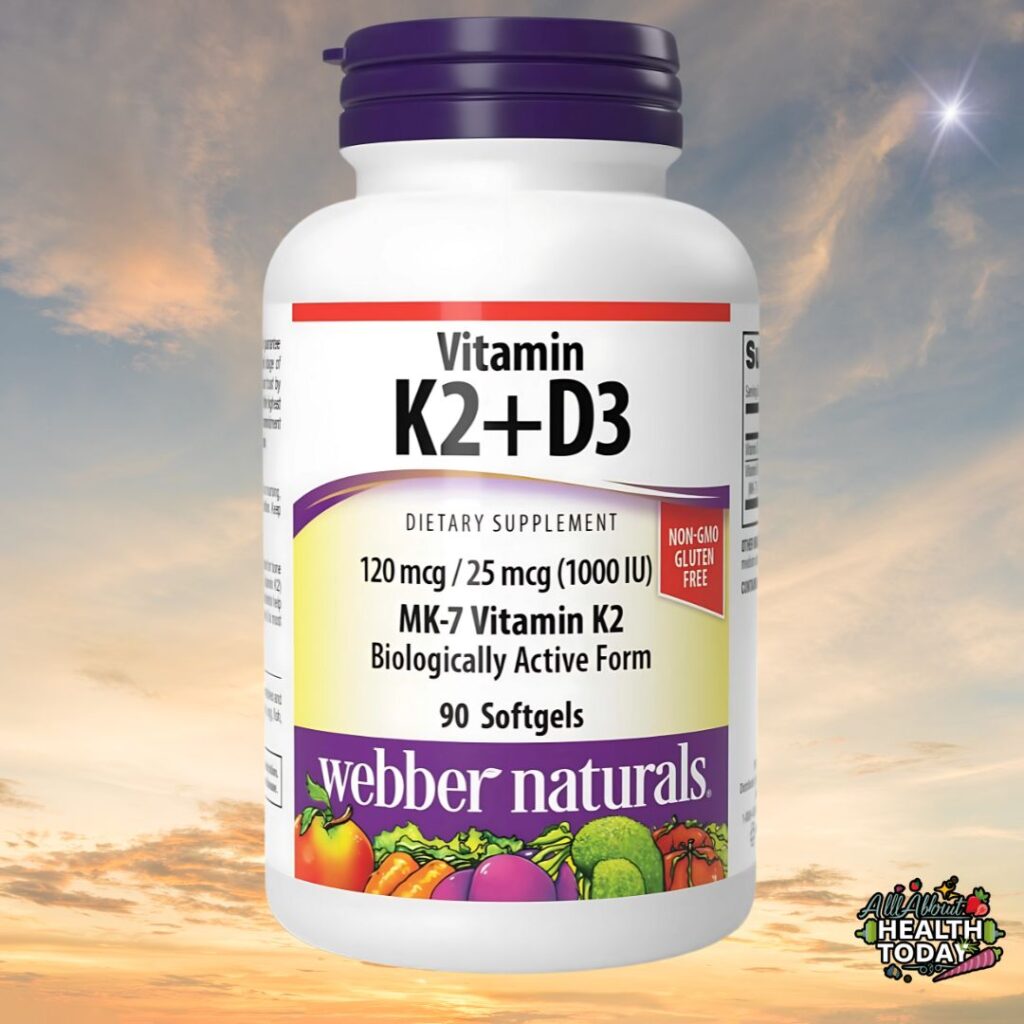
3. Maximize Sunlight Exposure
Even in winter, you can still soak up some sun:
- Try a light therapy box: These devices mimic natural sunlight and can help boost your mood and vitamin D3 levels.
- Get outside during peak hours: Aim for 10–30 minutes of midday sun exposure, depending on your skin tone and location.
- Sit by a window: If it’s too cold to go outside, sitting near a sunny window can help—just make sure the window isn’t blocking UVB rays.

4. Stay Active Outdoors
Combining sunlight exposure with physical activity is a double win for your mental health:
- Even shoveling snow counts—just bundle up!
- Go for a brisk walk during daylight hours.
- Try winter sports like skiing, snowshoeing, or ice skating.

When to Seek Professional Help
While lifestyle changes and self-care strategies can make a big difference, there are times when seasonal depression may require professional support. Recognizing when to seek help is a crucial step toward feeling better and regaining control of your life.
⚠️Signs It’s Time to Talk to a Professional⚠️
- Thoughts of self-harm or suicide: If you’re having suicidal thoughts, seek help immediately.
- Persistent sadness or hopelessness: Feeling down most of the day, nearly every day, for two weeks or more.
- Loss of interest in activities: No longer enjoying hobbies or activities you once loved.
- Fatigue or low energy: Feeling constantly drained, even after a full night’s sleep.
- Difficulty concentrating: Struggling to focus, make decisions, or complete tasks.
- Changes in sleep or appetite: Sleeping too much or too little, or experiencing significant weight loss or gain.



